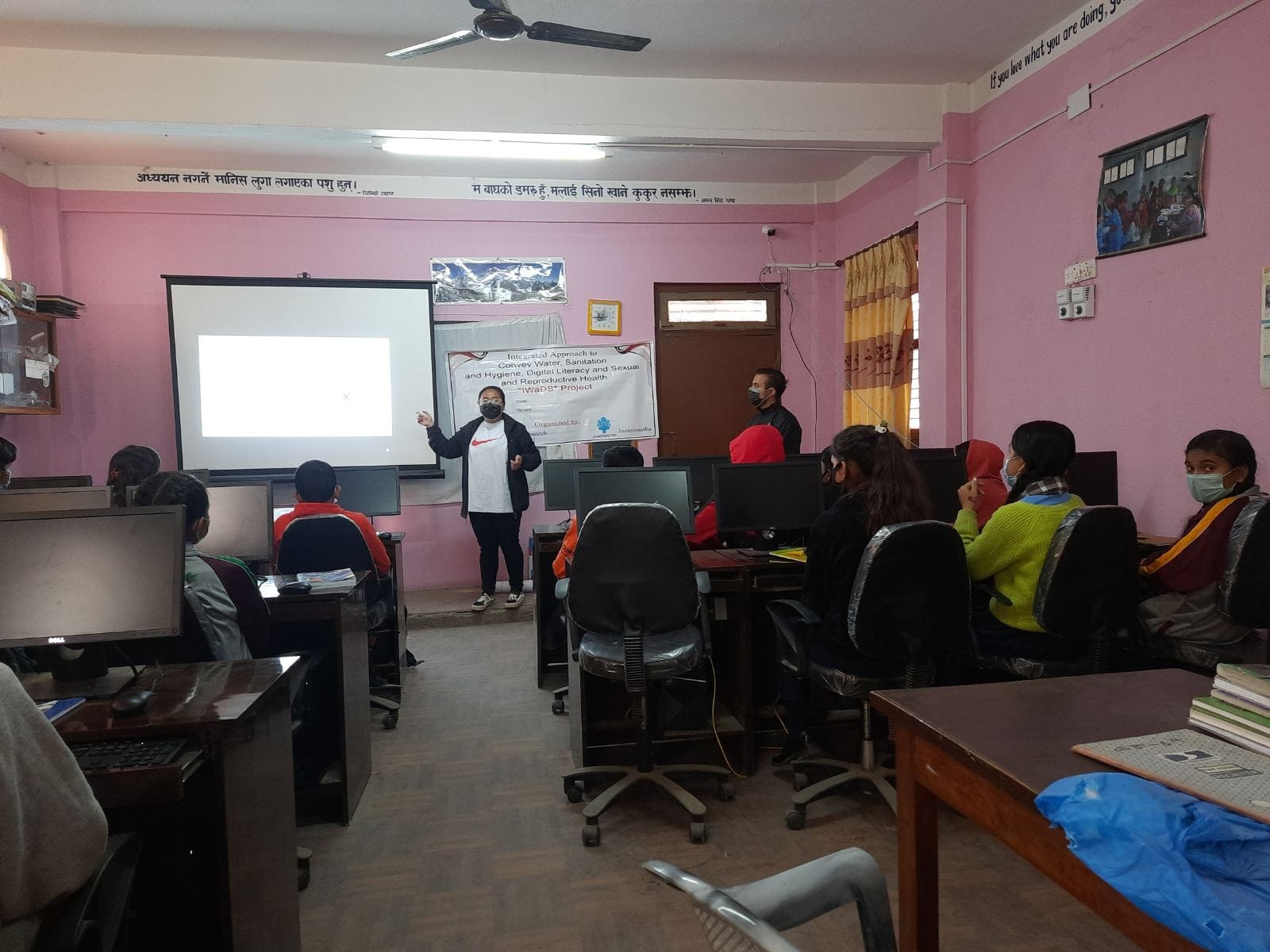PUBLIC HEALTH RESEARCH SOCIETY NEPAL
Our Work
Capacity building for young researchers
Providing training on proposal development, research methodology, data analysis, report writing and manuscript writing
Software training for data entry (Ms. Excel, EPI data, KOBO toolbox, ODK collect) and analysis: Quantitative: SPSS, STATA, R, and SAS (Qualitative: NVIVO, ATLAS)
Citation and References (Using Mendeley, Zotero, and Endnotes)
Innovation and technology
Safety checker model development
Public health model development for Tobacco and smoking
Harm Reduction
WASH
Consultation workshop, Training and Advocacy
Strategic Plan development
Advocacy planning
Manual development
Toolkit development
Policies development of the organization (42 policies)
Thematic areas
Sexual and Reproductive Health Rights
Reproductive Health of Adolescents and Youth
Family Planning
Fertility Behavior and Emergency Contraception
Anti-Microbial Resistance (AMR)
Epidemic Outbreak Investigation and Mitigation
Health Governance
Improving the Livelihood of a vulnerable population
Gender Equality And Social Inclusion
Community engagement and Co-creation
Research
- Clinical trials
- Community trials
- Operational and Participatory Action Research
- Epidemiological research
- Implementation research
- Policy Research
Monitoring and Evaluation
Applying Murphy’s Law to the monitoring and evaluation (M&E) of the Public Health Research Society Nepal (PHRSN) emphasizes the importance of expecting the unexpected and planning accordingly to ensure the success of health research initiatives. In M&E, Murphy’s Law reminds us that potential issues such as data collection errors, technology malfunctions, stakeholder communication breakdowns, or logistical delays are more likely to occur when least anticipated. To mitigate these risks, PHRSN can establish robust backup systems, employ adaptive monitoring techniques, ensure clear communication with all stakeholders, and create flexible evaluation frameworks. This proactive approach helps ensure that projects stay on track and that any setbacks are managed effectively, contributing to the resilience and reliability of PHRSN’s health research endeavors.
The work includes:
– Writing Proposal
– Developing questionnaires for the collection of data, piloting them and finalizing them
– Training personnel for the collection of data
– Cross-checking the data so collected
– Data entry, data cleaning
– Analysing the data
– Archiving the data

